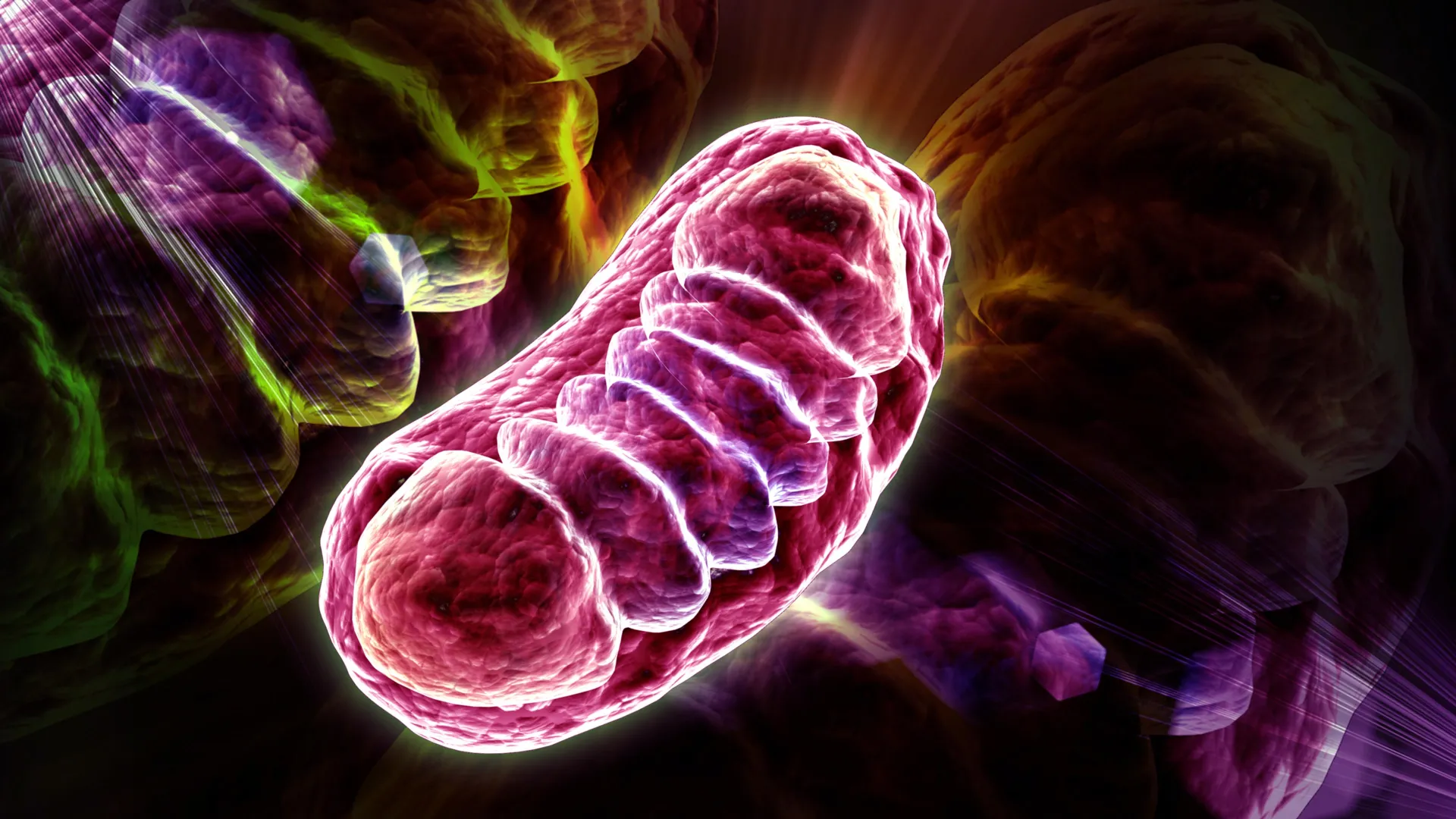Scientists discover the nutrient that supercharges cellular energy
- Date:
- November 3, 2025
- Source:
- University of Cologne
- Summary:
- Scientists uncovered how the amino acid leucine enhances mitochondrial efficiency by preserving crucial proteins that drive energy production. By downregulating the protein SEL1L, leucine prevents unnecessary degradation and strengthens the cell’s power output. The findings link diet directly to mitochondrial health and suggest potential therapeutic applications for energy-related diseases.
- Share:

Mitochondria are tiny structures inside cells that generate the energy required for the body to move, grow, and maintain health. Because energy needs change continuously, mitochondria must constantly fine-tune their activity to keep up. This adaptability depends in part on the nutrients available to the cell. Yet until recently, scientists did not fully understand how nutrients influence this process of energy adjustment.
A research group led by Professor Dr. Thorsten Hoppe at the University of Cologne's Institute for Genetics and the CECAD Cluster of Excellence on Aging Research has now identified a new biological pathway showing how the amino acid leucine strengthens mitochondrial performance. Their work reveals that leucine stabilizes important mitochondrial proteins, enhancing the organelle's ability to produce energy. The study, titled "Leucine inhibits degradation of outer mitochondrial membrane proteins to adapt mitochondrial respiration," was published in Nature Cell Biology.
How Leucine Supports Energy Production
Leucine is one of the essential amino acids, meaning it must be obtained through food. It is a key component of protein synthesis and is abundant in protein-rich foods like meat, dairy products, and legumes such as beans and lentils. The researchers found that leucine helps protect certain proteins on the outer membrane of mitochondria from breaking down. These proteins are vital because they transport other metabolic molecules into the mitochondria to generate energy. By preserving them, leucine allows mitochondria to work more efficiently, resulting in higher energy output within the cell.
"We were thrilled to discover that a cell's nutrient status, especially its leucine levels, directly impacts energy production," said Dr. Qiaochu Li, the study's first author. "This mechanism enables cells to swiftly adapt to increased energy demands during periods of nutrient abundance."
The study also revealed that a protein called SEL1L plays an important role in this process. SEL1L is part of the cell's quality control system that identifies and removes faulty or misfolded proteins. Leucine seems to reduce the activity of SEL1L, which decreases the breakdown of mitochondrial proteins and improves mitochondrial performance. "Modulating leucine and SEL1L levels could be a strategy to boost energy production," said Li. "However, it is important to proceed with caution. SEL1L also plays a crucial role in preventing the accumulation of damaged proteins, which is essential for long-term cellular health."
Broader Implications for Health and Disease
To explore the wider impact of their findings, the researchers studied the process in the model organism Caenorhabditis elegans. They discovered that problems in leucine metabolism can impair mitochondrial function and even cause fertility issues. When the team examined human lung cancer cells, they found that certain mutations affecting leucine metabolism actually help cancer cells survive, highlighting an important factor for future cancer treatment strategies.
These discoveries show that the nutrients we consume do more than simply fuel the body -- they actively influence how energy is produced inside cells. By uncovering how leucine affects mitochondrial metabolism, the study points to potential new therapeutic targets for conditions linked to reduced energy production, including cancer and metabolic disorders.
This research received support through Germany's Excellence Strategy as part of CECAD and from several Collaborative Research Centers funded by the German Research Foundation (DFG). Additional funding came from the European Research Council via the ERC Advanced Grant "Cellular Strategies of Protein Quality Control-Degradation" (CellularPQCD) and from the Alexander von Humboldt Foundation.
Story Source:
Materials provided by University of Cologne. Note: Content may be edited for style and length.
Journal Reference:
- Qiaochu Li, Konstantin Weiss, Fuateima Niwa, Jan Riemer, Thorsten Hoppe. Leucine inhibits degradation of outer mitochondrial membrane proteins to adapt mitochondrial respiration. Nature Cell Biology, 2025; DOI: 10.1038/s41556-025-01799-3
Cite This Page: